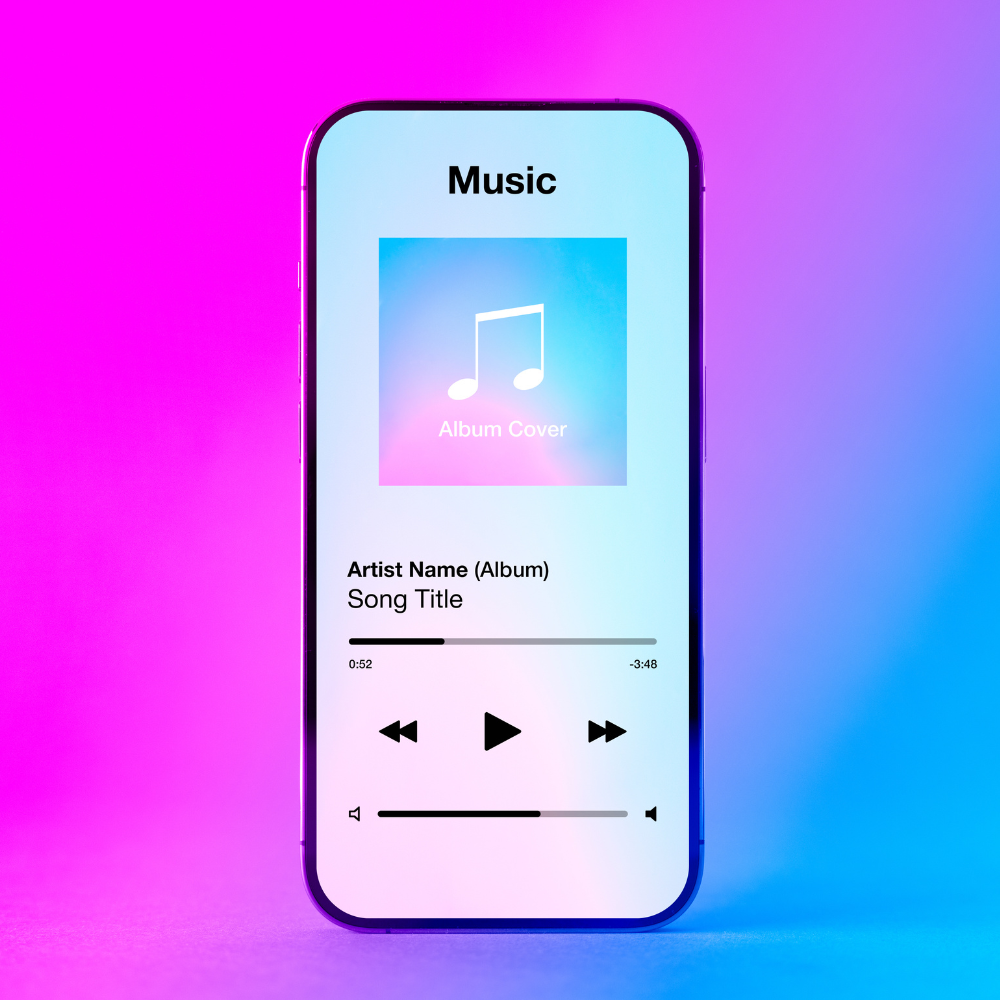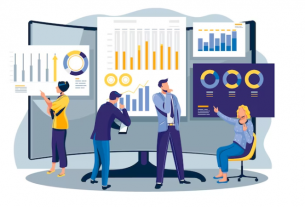In a significant move that could reshape the dynamics of the app economy, Spotify has announced that it has submitted an updated version of its iOS application to Apple, incorporating an external link that directs users in the United States to its website for subscription purchases. This update comes hot on the heels of a recent US court ruling that found Apple in violation of competition regulations, compelling the tech giant to allow developers to inform users about alternative payment options.
This development marks a pivotal moment in the long-standing dispute between Spotify and Apple over the latter’s App Store policies. For years, Spotify has been a vocal critic of Apple’s mandatory in-app purchase system, which requires developers to pay a commission, often up to 30%, on subscriptions and other digital goods sold through their apps. This “Apple tax,” as critics have dubbed it, has forced services like Spotify to either absorb the cost, impacting their profit margins, or pass it on to consumers through higher prices within the App Store.
The recent ruling by a US District Judge has seemingly provided Spotify with the legal backing to circumvent these restrictions. The court found that Apple had “willfully violated” a previous injunction by creating barriers that prevented developers from communicating alternative payment methods to their users. This decision effectively prohibits Apple from preventing developers from including buttons, external links, or other calls to action that guide customers to purchasing mechanisms outside the App Store.
In a statement released shortly after submitting the app update, Spotify expressed its enthusiasm about the potential benefits for its US users. The company highlighted that once the update is approved by Apple, users in the United States will finally be able to see the actual pricing of Spotify’s various subscription plans within the app, including details on promotions and discounts. More importantly, users will be able to directly click on a link within the app to purchase their chosen subscription or upgrade their existing plan using payment methods beyond Apple’s own system. This opens the door to a wider range of payment options available on Spotify’s website, potentially offering users more competitive prices.
Spotify further emphasized that this change would also streamline the process for users looking to switch between different Premium plans, such as upgrading from an Individual plan to a Student, Duo, or Family plan. The ability to manage subscriptions directly through an external link promises a more seamless and user-friendly experience.
The Swedish audio streaming giant did not mince its words regarding Apple’s previous policies. In a blog post, the company stated, “The fact that we haven’t been able to deliver these basic services, which were permitted by the judge’s order four years ago, is absurd.” Spotify believes that this ruling and the subsequent app update will dismantle “meaningful parts of Apple’s anticompetitive barriers,” a change they deem “long overdue.”
Looking ahead, Spotify anticipates that this move will create new opportunities for creators as well. The ability to directly link to external purchase options could pave the way for seamless transactions for other digital content, such as audiobooks, directly within the Spotify platform, potentially benefiting publishers and listeners alike.
While Spotify has taken this significant step, the final outcome remains contingent on Apple’s approval of the submitted app update. Given the history of tension between the two companies, there is a possibility that Apple might delay or reject the update. However, the court ruling appears to leave Apple with limited grounds to block the inclusion of external links for purchases. Apple has stated that it “strongly disagrees” with the court’s decision but will comply with the order while it pursues an appeal.
This development in the US follows a similar move by Spotify in the European Union in August 2024, where it began including pricing information for its plans within the app after the EU’s Digital Markets Act (DMA) came into effect. The DMA mandates that gatekeeper platforms like Apple allow developers to inform users about and offer them services at different prices outside the platform.
The unfolding situation is being closely watched by developers and regulators worldwide as it could set a precedent for how dominant app store operators manage their platforms and interact with third-party services. Spotify’s bold move to implement external purchase links in the US marks a significant escalation in the battle for fairer practices within the app ecosystem and could ultimately lead to more choices and potentially lower prices for consumers.

